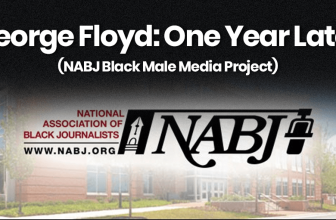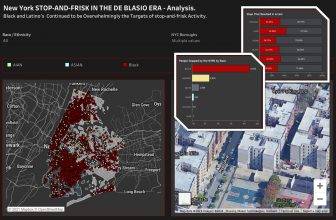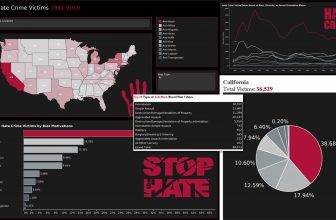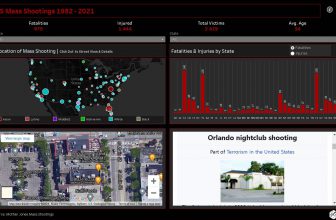BASF’s reciChain Blockchain Pilot to Improve Traceability of Recycled Plastics
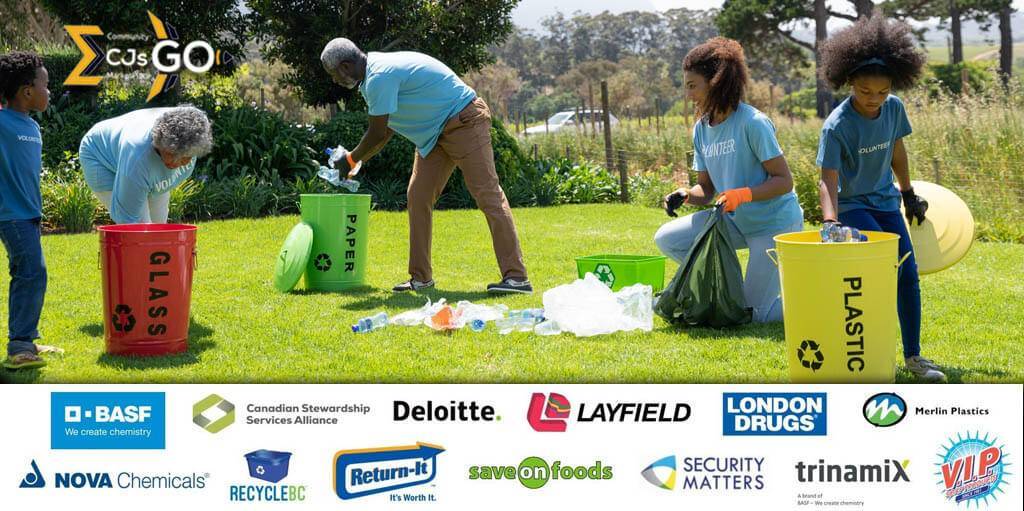
| Listen to article |
BASF, CSSA, Layfield, London Drugs, Merlin Plastics, NOVA Chemicals, Recycle BC, Return-It, Save on Foods and V.I.P. Soap have joined forces to respond to one of the most pressing environmental challenges – plastic waste. Supported by reciChain, these companies aim to strengthen the circular supply chain, extend the lifecycle of plastics, incentivize recycling, reduce waste, and enhance resource efficiency in Canada.
reciChain combines the power of SMX’s blockchain solution with their physical marker that enables the secured sharing of transactional data while improving the sorting, tracing, and monitoring of plastics throughout the value chain. Implementing these technologies, value chain actors would conceivably be able to generate tokens or ‘plastics credits’, which would in turn increase in value as plastics go through additional loops. These credits could then be used to incentivize producers to design for recyclability, thus enhancing the circular economy.
For the pilot project in Vancouver, British Columbia, BASF is also partnering with Deloitte as a strategic advisor.
The reciChain plastic value chain actors, on their part, are offering in-kind contributions to enable the feasibility of the pilot such as plastic material, testing, and technical expertise.
“We are grateful to count on broad stakeholder representation throughout the whole lifecycle of plastics including polymerization and recycling. With their support, along with the disruptive technology from Security Matters, our pilot will allow us to move from concepts and policy dialogue to tangible solutions in making advances in plastic circularity possible in Canada,”
Marcelo Lu, President, BASF Canada.
reciChain’s Innovative Digital Twin Technology
The marker technology that allows the tracking of plastics materials across the value chain using innovative digital twin technology.
This track and trace technology used in reciChain marks plastic products with a unique “chemical barcode” and connects them to a digital twin.
Both rigid and flexible plastic products will be used during the pilot to test the feasibility of the marker technology in the reverse logistics process.
The pilot will allow users to access and verify information associated with the production of the material, supporting producers’ recycled content targets and retailers’ plastic waste diversion targets and further closing the plastic loop
The pilot will also include parallel testing of BASF’s trinamiX Near-Infrared Spectroscopy Solution, a hand-held scanner that detects and documents the composition of plastic material.
The project is being validated in British Columbia’s local supply chain. BASF’s vision is to expand reciChain to a nation-wide solution in order to position Canada as a leading country in recycling and recovery of plastics.

